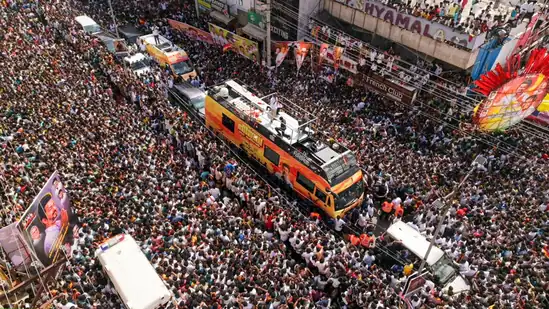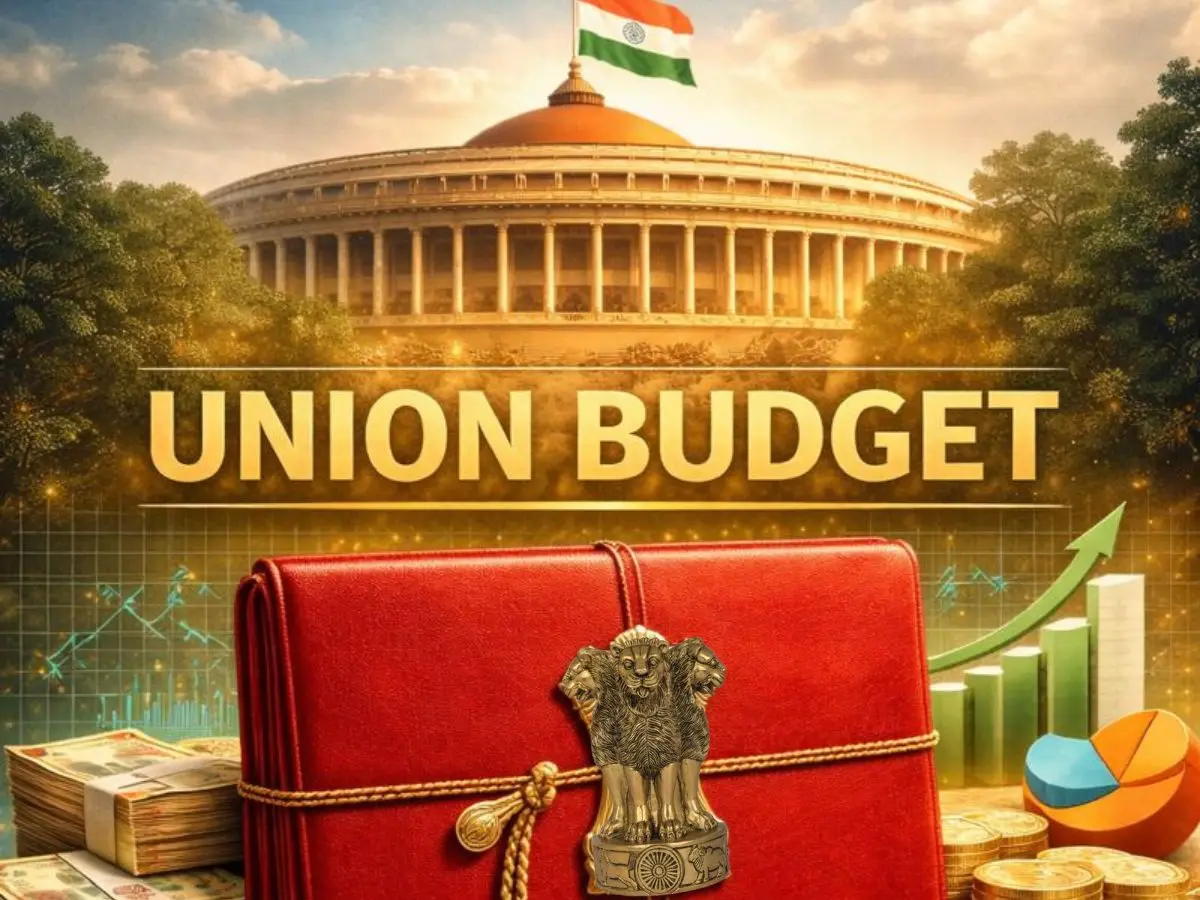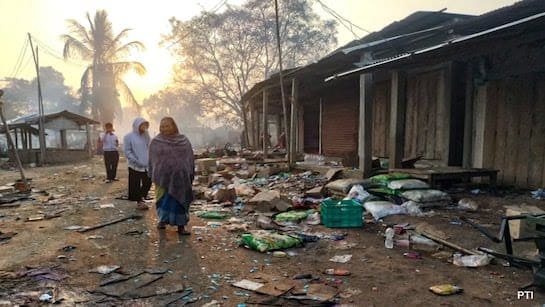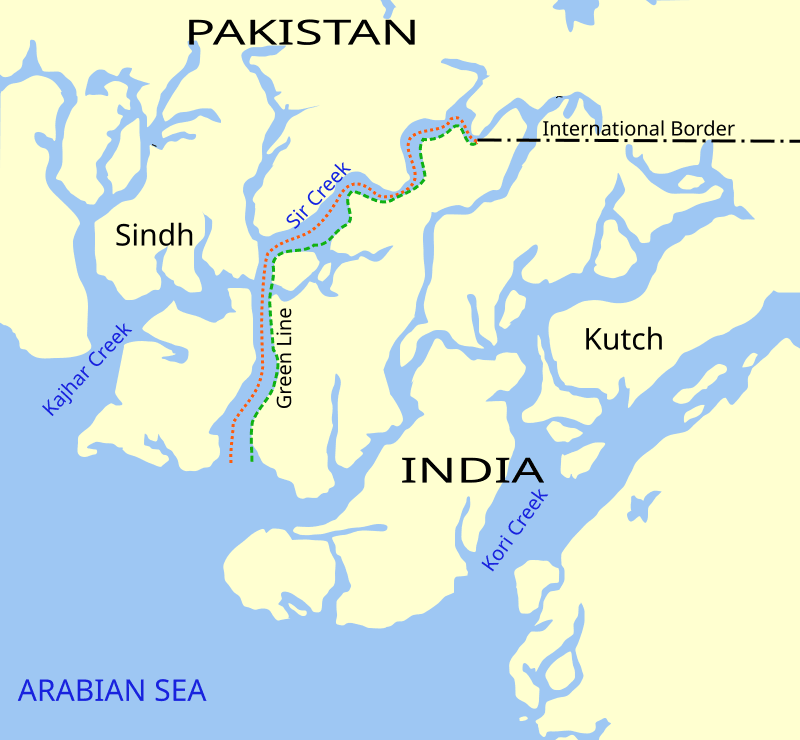On September 27, 2025, a political rally in Karur, Tamil Nadu, organized by Tamil cinema star-turned-politician Vijay, leader of Tamilaga Vettri Kazhagam (TVK), ended in a catastrophic tragedy. Tens of thousands of supporters had gathered to hear Vijay speak, but the event spiraled out of control, resulting in at least 36 deaths, including 8 children, and over 40 injured. What was meant to be a display of political popularity became a grim lesson in mismanagement.
The Incident
The rally drew an enormous crowd, a testament to Vijay’s mass appeal. However, the overcrowding turned deadly. Eyewitnesses reported that as Vijay’s campaign bus moved, the crowd surged uncontrollably toward him. Many people fainted from the heat, others were trampled in the chaos, and panic quickly spread. The stampede occurred within minutes, and emergency services struggled to reach victims amid the dense throngs.
Although Vijay halted his speech and tried to calm the crowd by distributing water and urging people to make way for ambulances, the damage had already been done. The tragedy was entirely preventable with proper planning, crowd management, and adherence to safety protocols.
Mismanagement and Negligence
Several glaring issues contributed to the disaster:
- Poor Crowd Control: No adequate barricades or crowd flow plans were in place. Tens of thousands of people were crammed into a space unfit for such a gathering.
- Lack of Emergency Preparedness: Ambulances and medical teams were unable to reach victims immediately. The rally organizers failed to coordinate with local authorities effectively.
- Overemphasis on Political Display: The event prioritized spectacle over safety. The sheer scale of the rally was clearly beyond what the venue or organizers could handle.
- Failure in Risk Assessment: In a country like India, where heat, high population density, and emotional crowds can escalate quickly, a detailed risk assessment is crucial. The organizers apparently ignored or underestimated these risks.
- Inadequate Government Oversight: Local administration, police, and municipal authorities should have intervened to limit the gathering or enforce stricter safety measures. Their failure highlights systemic issues in managing high-profile political events.
Official and Public Response
Tamil Nadu Chief Minister M.K. Stalin visited Karur and announced an ex-gratia payment of ₹10 lakh for families of the deceased, alongside a judicial inquiry led by retired High Court Judge Justice Aruna Jagadeesan. Prime Minister Narendra Modi expressed condolences.
Vijay himself expressed deep grief, saying his “heart is shattered” and extended condolences to the victims’ families. While his emotional response is understandable, the public is asking hard questions about accountability. A heartfelt statement cannot substitute for preventive measures and proper planning.
Lessons and Accountability
The Karur rally is not the first incident globally where political popularity clashed with public safety, yet it underscores how celebrity-driven politics can sometimes ignore ground realities. Large rallies carry inherent risks, and organizers must prioritize human life over spectacle.
Political leaders must:
Ensure crowd capacity is strictly managed.
Deploy adequate medical teams, ambulances, and evacuation routes.
Conduct pre-event risk assessments and coordination with local authorities.
Avoid letting political theatrics override safety protocols.
Failing to do so risks repeating tragedies like Karur—where enthusiasm and loyalty turn into fatal consequences.
The Karur stampede is a tragic reminder that popularity and political ambition do not excuse negligence. While Vijay’s political aspirations are undeniable, this incident will be remembered not as a show of support but as a failure of leadership, planning, and responsibility. Political rallies are meant to inspire, not to endanger lives. Vijay and his party owe it to the victims to ensure such a disaster never happens again.












